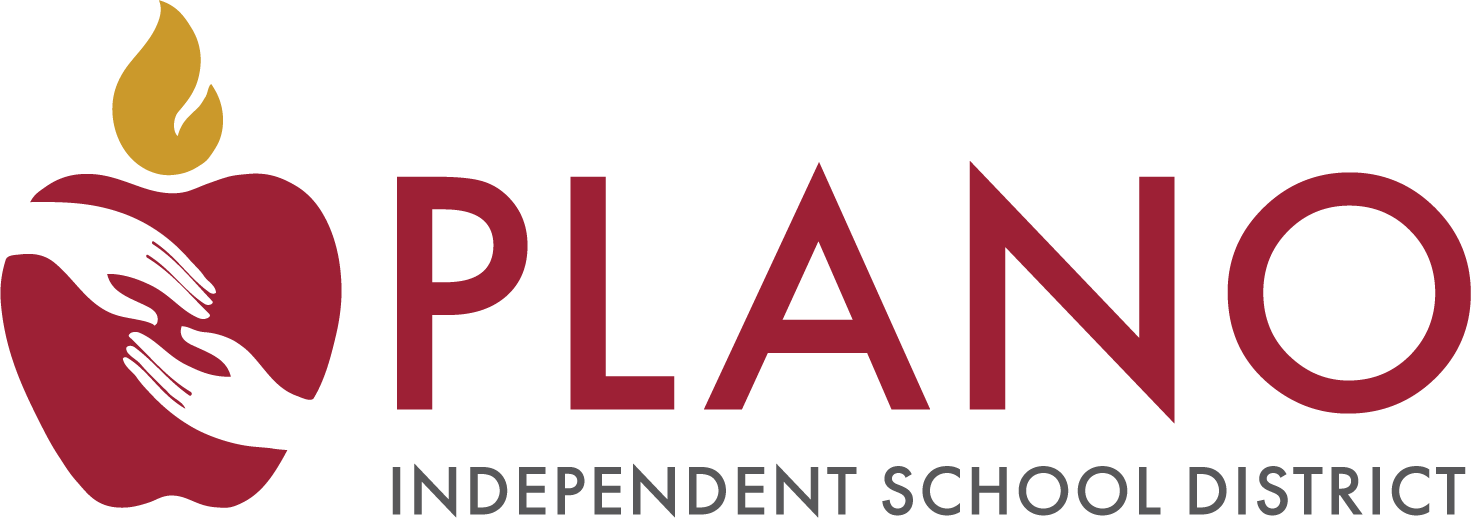VOUCHER/ESA LEGISLATION - SB 2, filed by Senator Brandon Creighton, Chair of the Senate Education Committee, is the Senate’s voucher/ESA proposal and the first of the Senate’s priority legislation filed. The bill makes all students who are eligible to attend public schools eligible to receive an account with $10,000 for education-related expenses for a student who is enrolled in a private school accredited by an organization recognized by the Texas Private School Accreditation Commission or the Texas Education Agency. The amount is increased to $11,500 for students with disabilities. Students who are not enrolled in an accredited private school or a public school receive $2,000 per year. To the extent that insufficient funding is appropriated to provide an account to all eligible students, the bill requires that up to the first 80% of slots be reserved for students who were enrolled in public school the prior year and have a disability or are members of a household with total annual income at or below 500% of the federal poverty level. For 2025 500% of the federal poverty level for a single parent with one child is $105,750 and 500% of the federal poverty level for a family of 6 is $215,750. The bill requires any recipient of an account to ensure the student takes either the state-required assessment or a nationally norm-referenced exam. The bill requires private schools who accept funding from this bill to post a notice stating that the school is not required to comply with federal special education laws.
SB 2 will be heard in the Senate Education K-16 Committee on Tuesday, January 28 at 9:00am. BUDGET BILLS This week both chambers filed their base budget bills. Below is a summary of the key provisions related to public education: Common provisions between both bills - $5.25 billion total in new money for public schools
- $400 million for increased school safety allotment - contingent on passage of legislation
- $4.85 billion for increased public school funding - contingent on passage of legislation
- $800 million increase in golden penny yield - required by current law
- $6.5 billion in property tax relief
- $3 billion to maintain existing tax relief - required by current law
- $3.5 billion for new property tax relief
- $1.7 billion for changes in student populations - required by current law
- $1.15 billion for Teacher Incentive Allotment - required by current law
- $225.4 million for implementing open-educational resources and “High Quality Instructional Materials”
- Savings to the state of $4.7 billion due to property value growth
- $1.1 billion reduction in recapture as a result of tax compression and funding increases
- $1 billion for vouchers in FY 2027 only - contingent on passage of legislation
- Because this amount is for just one year, this would likely result in an automatic increase to at least $2 billion in the next state budget
HB 1 The House budget bill does not specify how property tax relief or school funding increases will be implemented. SB 1 - Property tax relief
- $3 billion to raise homestead exemption by $40,000 - contingent on passage of legislation
- $500 million for tax relief to businesses - contingent on passage of legislation
- Increased public school funding
- $750 million for expanding TIA - contingent on passage of legislation
- $4.1 billion for teacher pay - contingent on passage of legislation
- $10,000 pay raise for teachers in rural schools
- $4,000 pay raise for all other teachers
|
|
|
| 2,877 total bills filed 605 public education bills filed 74 bills related to property tax 65 bills related to school district governance - 48 bills related to school finance
|
|
|
Bills are prioritized based on the expected impact to the district or the level of public attention garnered by the bill, not based on the preferences of the district. High priority bills are either a state leadership priority, related to a Plano ISD legislative priority, would require significant resources to implement a change in district policy, practice, or procedures, or would otherwise significantly impact the district. |
|
|
| On Wednesday, both chambers filed their base budget bills. The bills were remarkably similar and, according to members from both chambers, signal a desire for the House and Senate to work together this session. Additionally, on Thursday, the House debated and adopted its rules for the session. The adoption of the House rules sets the parameters for how the House will operate over the course of a session. Unlike the Senate, which is presided over by a statewide-elected official who is not subject to removal by the members of the Senate, the House speaker is elected by the members of the House and as a result must build more consensus to be effective. The adopted House rules reserve committee chair positions for members of the majority party and reserve committee vice chair positions for members of the minority party. This ends the longstanding practice of members of the minority party serving as committee chairs. The Lieutenant Governor also ended his longstanding practice of appointing members of the minority party to serve as committee chairs in the Senate when he made committee appointments last week. House members’ committee preferences are due to the Speaker’s office on Tuesday and assignments are expected shortly thereafter. |
|
|
At the Board’s regular meeting this week, the Plano ISD Board of Trustees heard its first budget presentation for the 2025-2026 budget. Highlights include an expected tax rate decrease, projected enrollment decline, projected operational savings as the result of closing four campuses, and expected one-time revenue from the sale of three properties. As of right now, staff projected a deficit budget of $26.5 million for the 2025-2026 school year. The deficit was lower than it otherwise would have been as a result of the one-time revenue from the sale of property. The initial budget estimate reflected increased fixed costs due to inflation and increases in employee compensation. |
| |
|
If you were forwarded this email and you would like to be added to the distribution list for our newsletters, you can sign up here. |
|
|
|







